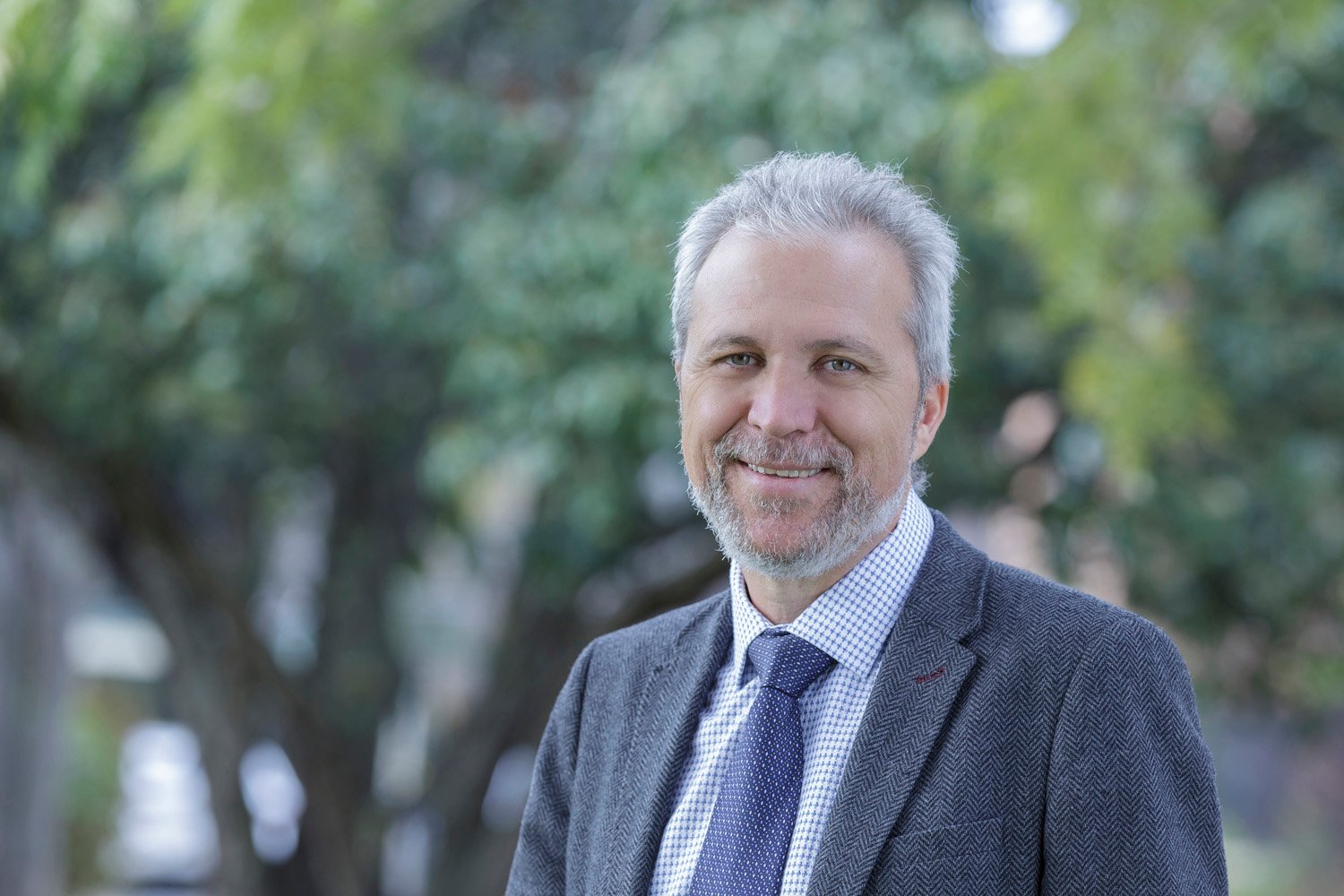There is growing awareness that people working as first responders such as ambulance officers, police officers and firefighters are at risk of acquiring a mental health injury such as PTSD.
Trauma and mental health expert Professor Zachary Steel explains why.
Why are first responders more at risk?
First responders are those people who provide the initial response in any kind of emergency situation – police, fire, ambulance, rescue and other emergency workers spend their working days helping people in urgent need and often put their own safety at risk by doing so.
Their risks of PTSD and other mental health injuries are larger than the general population because of the work they do involving repeated exposure to traumatic incidents.
What characteristics make it harder for people to seek help?
People who do this kind of work are pretty hardy, they are often stoic and have high levels of endurance, which make them well suited to their roles as first responders.
Unfortunately, it is exactly these character traits which can get in the way of identifying injury and seeking help – they just want to serve and push on so don’t take stock of their own emotional wellbeing.
It is often the very thing that empowers first responders to do such amazing work, which also makes them vulnerable when they do acquire a mental health injury.
What are the signs of PTSD?
A large body of research has clarified the key signs and symptoms of PTSD but they can be difficult for sufferers and health professionals to identify and they may appear to vary from person to person, as do the triggers.
For first responders the signs of PTSD are not that dissimilar to their work which makes it’s especially hard to recognise they have become injured – both involve high levels of hyper-vigilance, attention to sources of threat, reactivity and high emotion.
This means there is often a long delay in identifying those who need help and often when a first responder is recognised as unwell, they are really unwell.
Many first responders carry these injuries for a long time. By the time of diagnosis it is not uncommon that they have depleted their personal and family resource, which means by the time that they are unfit for work their support networks are fragile or gone.
What does it suggest for organisations and individuals?
It is very encouraging to see so many peak organisations brought together, at both Federal and State levels, to discuss this growing issue.
Many organisations are taking positive steps to make change and some are further along this journey than others.
It also highlights the importance of organisations having a healthy management structure which builds respect among colleagues and management and includes human resources to help first responders with their mental health needs.
For individuals who are working as first responders, it is about increasing awareness of their heightened risk and how to get help, not leaving this for so long.
Professor Zachary Steel - Clinical Psychologist
St John of God Richmond Hospital

Professor Zachary Steel is the St John of God Professorial Chair of Trauma and Mental Health, a partnership between St John of God Richmond Hospital, the School of Psychiatry UNSW and the Black Dog Institute. He has worked in the field of traumatic stress for over 20 years as a researcher and clinician, examining the prevalence, social determinants, and intervention models for mental health problems across diverse communities and settings with a particular focus on traumatic stress, forced displacement, conflict and complex emergencies.